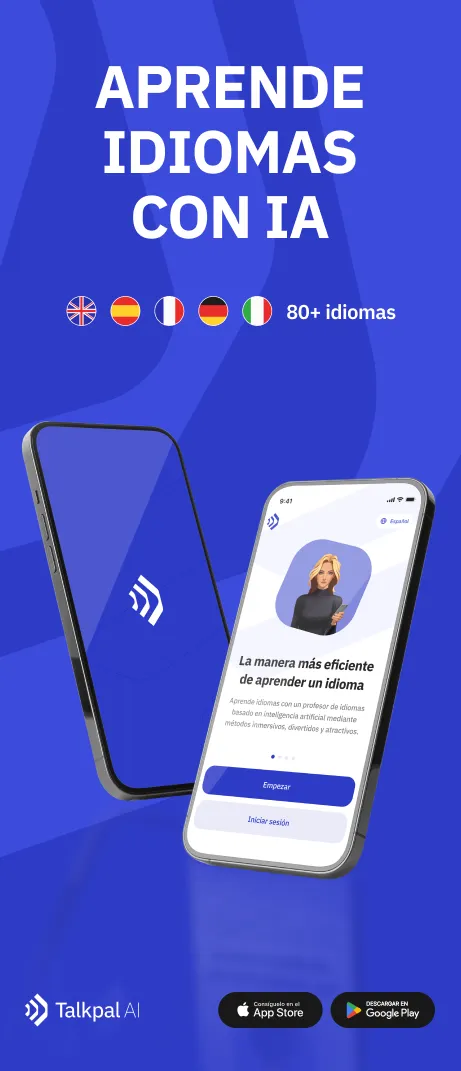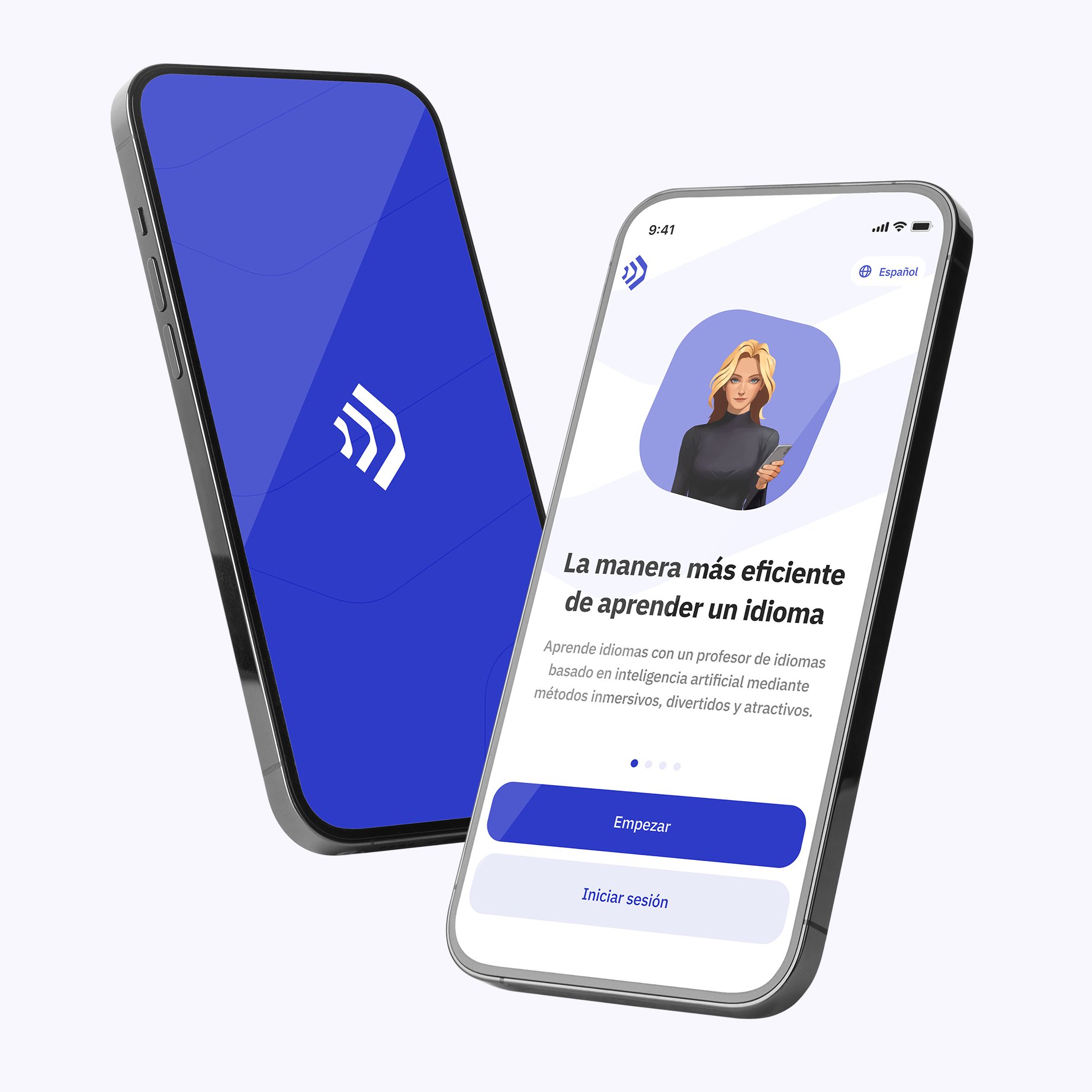Ejercicio 1: Usa ‘will’ para expresar futuro (predicciones o decisiones espontáneas)
2. She *will help* you with your homework. (Pista: Oferta o promesa, usa “will” para ayudar con la tarea.)
3. They *will arrive* at eight o’clock. (Pista: Predicción sobre la hora de llegada.)
4. It *will rain* tonight. (Pista: Predicción del clima para esta noche, usa “will”.)
5. We *will see* her at the meeting. (Pista: Predicción sobre ver a alguien en la reunión.)
6. He *will not (won’t) come* to the party. (Pista: Decisión o predicción negativa sobre asistir a la fiesta.)
7. You *will forget* your keys if you are not careful. (Pista: Advertencia en el futuro.)
8. I think it *will be* sunny tomorrow. (Pista: Opinión sobre el clima futuro.)
9. My parents *will travel* to France next year. (Pista: Plan futuro decidido en el momento.)
10. She *will be* a great teacher. (Pista: Predicción sobre el futuro profesional de alguien.)
Ejercicio 2: Usa ‘going to’ para planes y acciones futuras ya decididas
2. They *are going to play* football this afternoon. (Pista: Ya han planeado jugar fútbol hoy por la tarde.)
3. She *is going to study* medicine at university. (Pista: Decisión previa sobre estudios universitarios.)
4. We *are going to buy* a new car soon. (Pista: Hace tiempo decidieron comprar un coche nuevo, usa “going to”.)
5. He *is going to start* a new job in July. (Pista: Plan ya programado para julio.)
6. My friends *are going to have* a party on Friday. (Pista: Fiesta organizada, usa “going to”.)
7. I *am going to cook* dinner tonight. (Pista: Decisión tomada antes acerca de cocinar esta noche.)
8. They *are going to travel* to Spain this summer. (Pista: Hay un viaje planeado para el verano.)
9. She *is going to read* that book. (Pista: Ella ya decidió leer el libro.)
10. We *are going to visit* the museum tomorrow. (Pista: Plan decidido de visita para mañana.)










